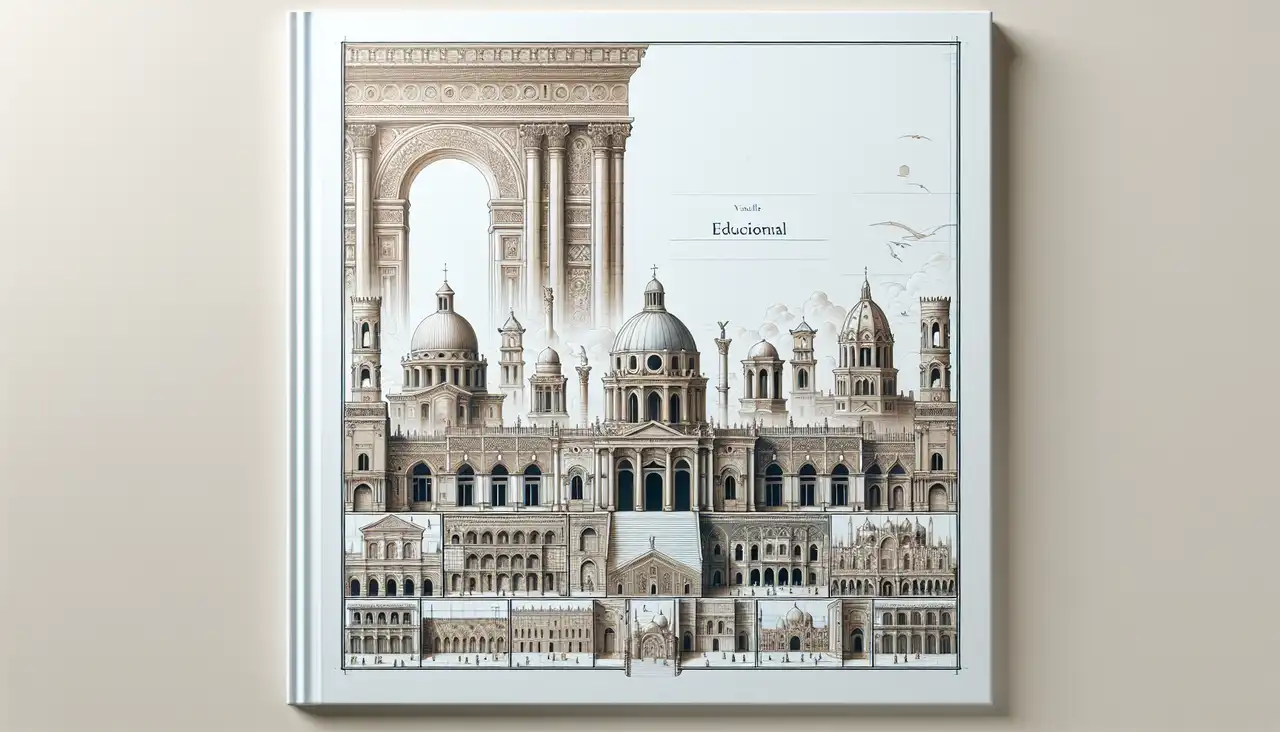

Phil Freelon
Inspiring new perspectives on architecture and design, Phil Freelon was a distinguished African American architect, artist, and professor whose work has left an indelible mark on the architectural landscape. As the founder of the Freelon Group, he was celebrated for his innovative approach to blending beauty and functionality in everyday spaces. His vision and leadership were further recognized when he joined Perkins+Will, where he managed their Charlotte and Research Triangle Park offices, bringing his unique design philosophy to a broader audience. Freelon's architectural prowess is perhaps best exemplified by his work on the National Museum of African American History and Culture in Washington D.C. This iconic structure is a testament to his ability to draw inspiration from African American history and culture, creating spaces that are not only visually stunning but also rich in cultural significance. His designs often serve as a bridge between the past and the present, honoring heritage while embracing modernity. In addition to his professional achievements, Phil Freelon was deeply committed to education and mentorship. He served on the faculty at MIT's School of Architecture and Planning, where he shared his expertise and passion for architecture with the next generation of designers. His teaching extended to several other prestigious institutions, where he continued to inspire students with his dedication to the craft and his advocacy for diversity within the field. Freelon's contributions to African American architecture extended beyond his designs. He was a vocal advocate for diversity in the architectural profession, recognizing the importance of representation and inclusivity. To support this mission, he established the Phil Freelon Fellowship Fund, aimed at providing financial assistance to underrepresented students pursuing careers in architecture. This initiative reflects his commitment to nurturing talent and ensuring that the architectural community is as diverse as the world it serves. Throughout his illustrious career, Phil Freelon remained a beacon of creativity and innovation. His work not only transformed physical spaces but also challenged societal norms, encouraging a more inclusive and equitable approach to architecture. His legacy continues to inspire architects and designers around the world, reminding us of the power of architecture to shape not just our environments, but our communities and cultures as well.